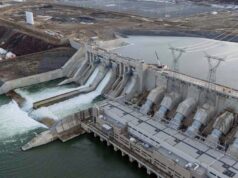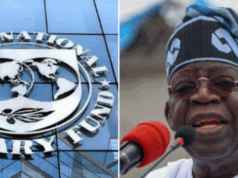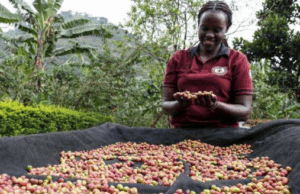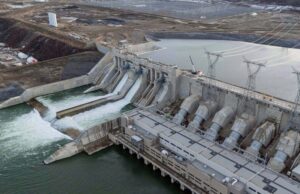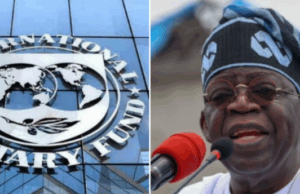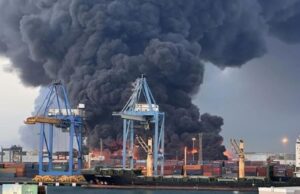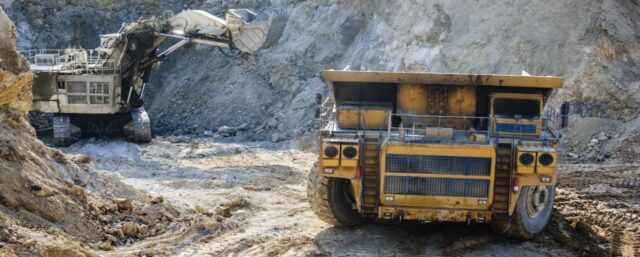
(3 Minutes Read)
The Zambia Chamber of Mines has warned that policy instability would negatively affect the mining sector. The Chamber has expressed concern over what it has termed as abnormal and impractical mining policy proposals.
The Zambia Chamber of Mines has warned that policy instability would negatively affect the mining sector. The Chamber has expressed concern over what it has termed as abnormal and impractical mining policy proposals. The Chamber said the mining industry has been confronted with a raft of mining policy initiatives, which amount to an unprecedented threat to investors.
The Chamber said if the Zambian government does not go back to the drawing board on these proposals, it risks undoing all the good work achieved since 2021 in attracting mining investment to the country. The international community is now waking up to these developments, and questions are being asked about what is perceived to be a clear U-turn in policy direction.
Industry representatives point to a serial unwillingness by the relevant government ministries to consult meaningfully, and at an early stage, with the industry. Policies and draft laws have been conceived and drafted in isolation, with industry consultation treated as an afterthought. Detailed industry concerns and counter proposals are received but ignored. As a result, the proposals that the government is currently taking forward are commercially impractical and, in certain key provisions, abnormal in their application to the mining sector.
The Chamber has already publicly voiced its concerns over the looming Minerals Regulation Commission Bill that is currently before Parliament. Amongst other failings, the Bill grants unaccountable and arbitrary discretionary decision-making powers to individual regulators, presenting obvious future corruption risks. This is at a time when there are already inexplicable actions by the Mining Cadastre to reallocate or carve up licenses.
As revealed in the recently released National Critical Minerals Strategy 2024-2028, the Government is set upon mandating a minimum 30% stake for the State – at no cost – in all new mines, together with an additional minimum 30% ‘production share. There is no definition for production sharing – a mechanism sometimes applied on a project basis in the oil and gas sector – but if this were a share of mine revenue, it could amount to an additional 30% royalty, on top of the mineral royalty tax (MRT) that is already applied.
Read Also:
https://trendsnafrica.com/plea-to-china-non-ferrous-metal-company-to-reopen-zambia-mines/
These proposals are so far outside the norm for global mining investment that they will undoubtedly deter potential investors from exploring Zambia. Furthermore, if Zambia once again acquires a reputation for policy instability, as a nation that changes course every few years as short-term needs dictate, will do itself long-term damage.




